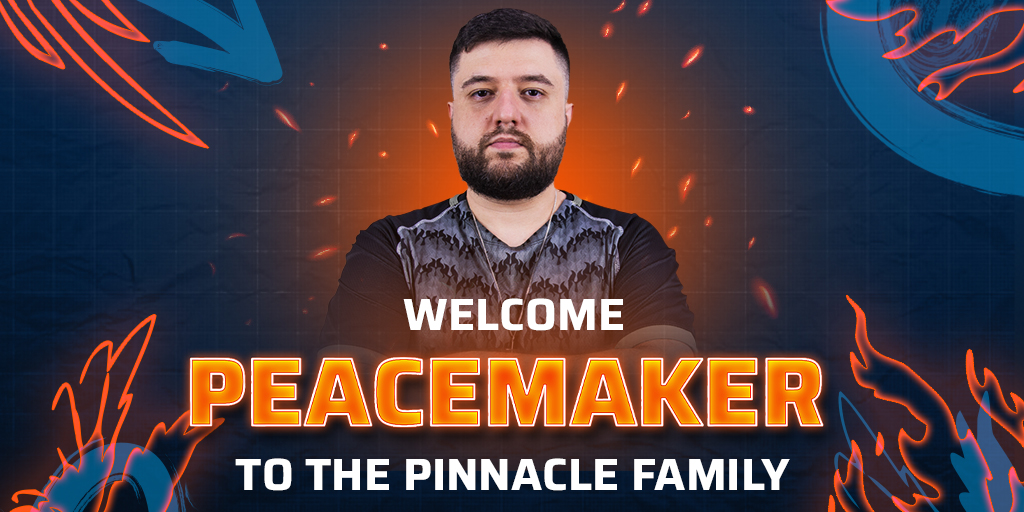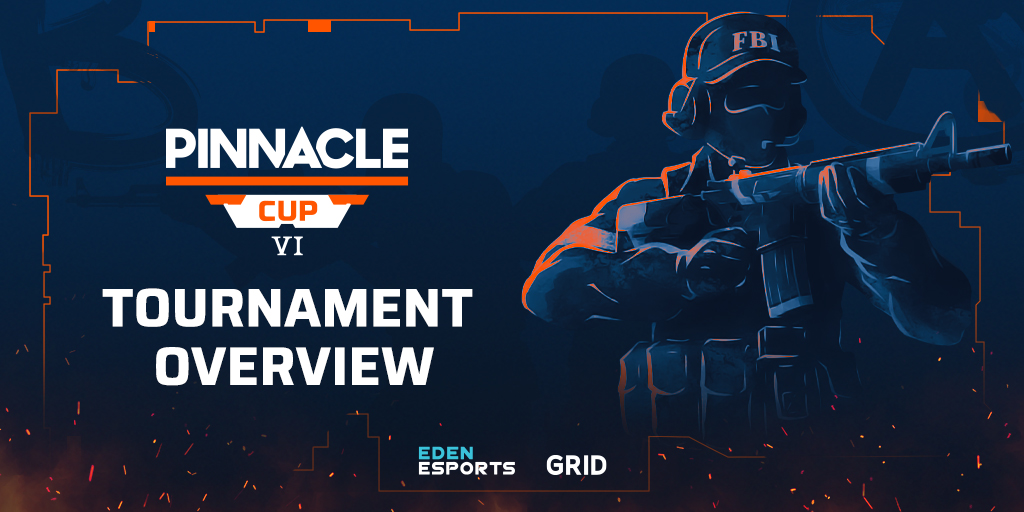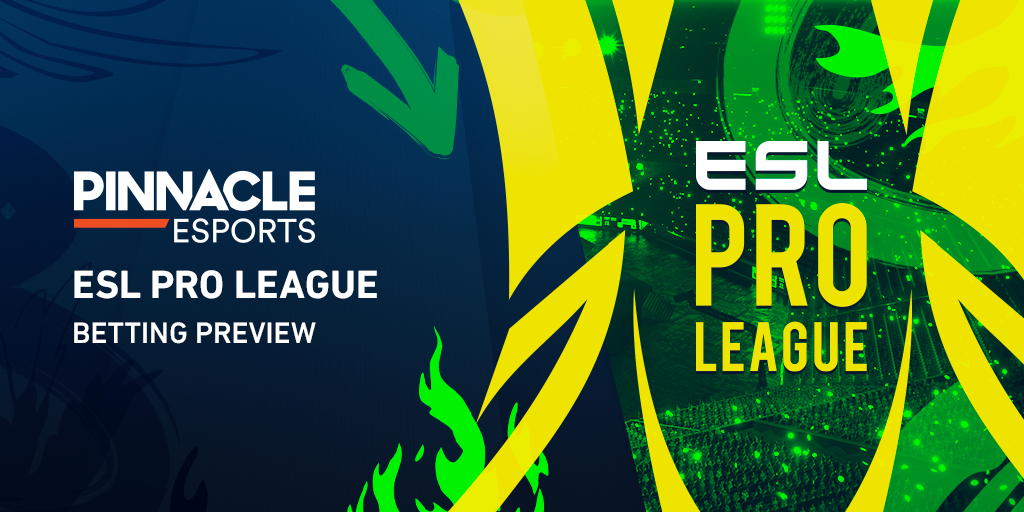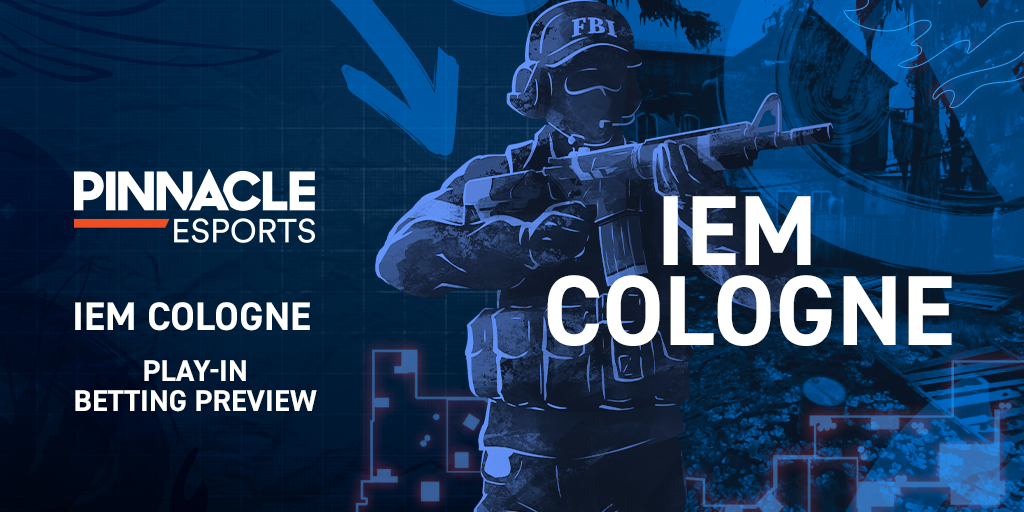In his second column for Pinnacle, Duncan "Thorin" Shields draws parallels between CS:GO AWPer acoR and NBA legend Steve Nash, delving into the burden of the superstar.
Frederik "acoR" Gyldstrand is one of the breakout players of 2020 and has seemingly already staked a claim to being one of Counter-Strike's best snipers. Yet his team's relative lack of success over the year, outside of beating the tier two field at Flashpoint 1, and the online nature of most of the competition ensures the status of elite player still eludes acoR for now. The eye test yields a favourable analysis in most instances, but there is still a gear left missing in the young Dane's game.
Watching the MAD Lions AWPer straddle the categories of star and superstar - the latter being a force which dominates even other stars and has an effect in a game simply by being present - I'm reminded of the struggles of Phoenix Suns basketball team legend Steve Nash and his aspirations to win a championship, while perfecting a formula that could have made him one of the very best players in the game.
Media MVPs alone do not a superstar make. Likewise, being the best player on MAD Lions is not enough to welcome acoR into the exclusive club of the superstars who run this game.
Who? Me?
Steve Nash was not destined to be an NBA star. A good player, he entered the NBA without much fanfare and immediately found himself in the shadow of established Suns point guard Kevin Johnson, a three time all-star in years gone by, and Jason Kidd, who was a second year player and considered a hot tip for one of the next potential greats at the position. In contrast, Nash was a Canadian player who had made the league but was likely going to be a journeyman.
It took a transfer to the Dallas Mavericks before Nash even became a real starter and could begin his career narrative properly. When he arrived the Mavericks had just drafted Dirk Nowitzki - a seven foot tall German with shooting skills that were reminiscent of Larry Bird's.
acoR began his journey to tier one play in Counter-Strike playing for the North Academy project, a development team for the second best Danish team at the time. On this squad he similarly was overshadowed and overlooked, as it was the explosive Daniel “mertz” Mertz who was the team's primary sniper and acoR was resigned to a rifle. Even Nicklas “gade” Gade made his impact on tier two before acoR would really register on anyone's radar.
When acoR found his way to Tricked, the core which has since become MAD Lions (with some tweaks), he began to prove himself as a sniper and his role was established, in line with Nash's starting position and playing time as a point guard with the Mavericks.
I'm better than you thought but not as good as you want
With the Mavericks, Nash only needed to wait a couple of seasons until his health finally allowed him to blossom into one of the better players at his position in the league. Averaging 15.6 PPG and 7.3 APG in his fifth season as a pro he had arrived as a fresh talent on the landscape. With Nowitzki already developed as a star in his own right, averaging over 20 PPG and shooting above league averages, Nash understood his role and fed the German to create a strong dynamic in the team.
In MAD Lions, acoR was a sniper who played his part... when the team was playing well this meant he could shine, but he would not force matters when circumstances got difficult.
That 2001 season saw the Mavericks make a run to the Western Conference semi-finals, in a time when the West was stacked with quality teams, and lose to a title favourite in the San Antonio Spurs. While Nowitzki proved himself up to the challenge, Nash struggled and saw his game drop off alarmingly as the Spurs won in five.
In MAD Lions, acoR was a sniper who played his part and looked to the in-game leader (IGL) for direction, not veering outside of the system and his set role. When the team was playing well this meant he could shine, but he would not force matters when circumstances got difficult.
That responsibility fell to Bubzkji, who was the most experienced of the players with star-level talent and seemed to have the aim and demeanour to take over a match when the opposition was heading towards a win. As acoR faded late in the Flashpoint 1 play-offs, it was Bubzkji who took over the key series and was arguably his team's MVP in the final.
My time to shine
After three more seasons with the Mavericks, making it as far as the Conference Finals once during this period, Nash signed with the Suns and left Dirk behind in Dallas. Without his all-star team-mate, who was the primary scorer, Nash would be passing to good but less obviously strong players like Joe Johnson, Shawn Marion, and the outrageously athletic hot prospect Amar'e Stoudemire. So Nash continued to pass and did not develop his game much further in terms of individual scoring.
Despite their success at Flashpoint 1, it would be less than four months before Bubzkji departed the MAD Lions line-up and acoR was thrust into the position of being the lone star-level talent in the team. Despite continuing to perform well in terms of numbers he would not assert himself significantly more, and remained within his bounds, dipping his toes into the superstar pool in games but having to ease into the challenge of becoming "the man" on the team.
Media acclaim and the superstar dilemma
While Nash would find success with the Suns, making it to four more Conference Finals and winning two Most Valuable Player (MVP) awards, he would never win the NBA championship or reach the Finals. Piloting coach D'Antoni's up-tempo system like a maestro, Nash essentially lived and died on the shooting of his outside threats and feeding Amar'e inside. Shooting is notorious for falling off in pressure games deep in the play-offs and so it was the performances of Amar'e that got the Suns close to success.
Nash's arrival at the Suns had seen a significant jump up in points scored per game and shooting percentage for Amar'e, so Nash had done his job in that regard, and the ripple effect the Canadian had over his whole team's performances in the regular season was a large part of the feel good factor which had garnered him his MVP awards from the media. Ultimately, I would speculate that he should have asserted himself more individually to become a dominant offensive star alongside Amar'e. This formula might have been more suited to him reaching a Larry O'Brien trophy than passing so much to players that history will ultimately forget.
- Read more: Aspects of communication in CS:GO
For a player who only attempted around 12 shots per game during his time with the Suns, Nash is one of the best shooters in NBA history. A regular in the elusive 50/40/90 club - where one hits 50% or better from the field, 40% from three, and 90% from the free throw line - the scaled up shooting of today suggests Nash could have ramped his shooting up further and hit similar efficient numbers and thus been a bigger threat individually. It was his mentality that held him back from exploring this approach, though.
Similarly, acoR has all of the skills in his arsenal that one would want from a dominant AWPer in Counter-Strike. His firing speed is impressive and couples well with a consistent hit-rate. He understands how to peek into opponents on the T side and which angles to hold on the CT side. Even his movement draws acclaim, as he is not simply talented with his scope but also how he positions to take a shot. Had he the mentality of a kennyS or GuardiaN - the game's most legendary snipers - this article would never need be written and MAD Lions would be an even stronger team.
You can be too unselfish
Nash was very much a throwback point guard in the vein of Magic Johnson or John Stockton, in being a pass-first player who made sure he got plenty of shots for his team-mates before looking for his own. Magic and Stockton played with the top two scorers, by total points scored, in the history of the NBA, though. Magic also did begin to assert himself more later in his career, but had injury end his transformation early. Stockton arguably should have shot more, as a strong mid-range shooter, and was a blueprint for Nash's later failure by giving good but not great team-mates too many passes that they missed with.
To be a superstar is to know when to become selfish because it's the right time. To keep the ball and score it because you're best suited or the moment will be too much for an otherwise good but not great player. Nash was too much of a "nice guy" in this respect.
The example he could have looked to was that of Isiah Thomas. Coming from the tough playgrounds of Chicago, Thomas had some good scorers on his teams but recognised that he could be the primary threat when necessary and was more than willing to take over games - almost willing the Pistons to a would-be legendary win over the Lakers on a hobbled ankle in '88 with that mentality. His three more shots per game than Nash in most seasons and eventual two NBA championship rings mean he'll never be left wondering "what if I'd taken that shot?”
For acoR, it's key to recognise that not only has Bubzjki gone (and is yet to be replaced by an equivalent star player), his own skill-set, like Nash's shooting, almost demands he take up more resources and create more for himself. Right now he draws parallels to Nash in how he stays within his comfort zone and remains efficient, but winning individual matches is not always about being efficient.
The Dane might look to the sniping of Daniel “dev1ce” Reedtz - winner of the most MVP awards in CS:GO history - and see a player who can be conservative and stay within the system Astralis runs, but can also take full agency over his positioning and the game when needed, and can flashback to the style which in 2016 made him a dominant individual sniping star.
A good game for MAD Lions should become a great game for acoR. In an average-to-bad game for MAD Lions the former Tricked AWPer needs to be more assertive and force the issue. Rather than going down with the ship, he must assess when it's time to break out the lifeboat and pull team-mates aboard.
The strain of the name
So many players in team sports will never be superstars, capable of taking over a game individually, when much emphasis is placed on the concept of team-work and being unselfish (as a way to off-set the habits learned by players who were perhaps stars in smaller teams earlier in their careers). As such, the programming can go too far when it reaches a player who already has a quieter mind-set and wishes to be liked by his colleagues.
To be a superstar, the player must embrace the moments in which he sees he is capable of actions his team-mates are not. Thus he takes a shot they would miss and forces it in more often. This is the responsibility of the superstar and the reason that causes them to carry much of the blame when the team still loses and to accrue so much praise for victories.
Nash's dribbling penetration and aptitude for finding team-mates meant opposing defences were always kept hyper-aware of his movements and were expecting him to pass. This would have given him so many opportunities, had he looked for them, to shoot a mid-range shot with separation or a three before penetrating.
- Read more: The hidden depth of MMA and Counter-Strike
Similary, acoR's positioning and aggression go hand-in-hand with his team's style, so much so that he becomes more predictable and opponents have a sense for which shots he might hit. That baseline could be a great pretext to become more aggressive and take more agency, creating map pressure and forcing oppositions to come up with more answers for him alone.
A message I often drilled to the aforementioned Astralis sniper was that he had skilled team-mates, but they were not capable of what he was and thus in the big moments it would fall to him to take on that responsibility, rather than pass it off to a less capable team-mate. The burden can be heavy and thus the strongest of us must carry it.
Without an ego how would you know whose mouth to put food into at the dinner table? As the sage Terence McKenna once said: “This is not about one's ego being too big but rather big enough to get the job done.”
Now it's time for acoR to establish his ego. He might not feel as comfortable being a voice that makes demands and forces plays where typically he'd let the game come to him. But being a champion is not about being comfortable all of the time. As Michael Jordan once put it: "There's no 'I' in team but there is in win." What will acoR do when the only way to win a game is take over himself? That is his test now.







